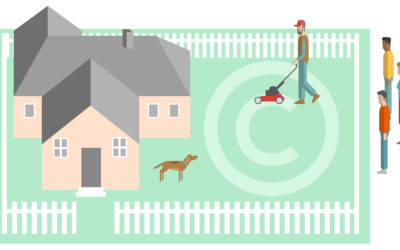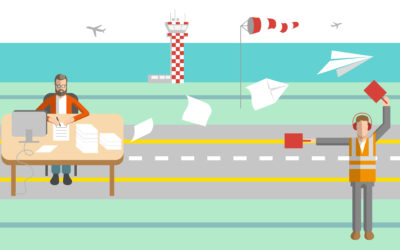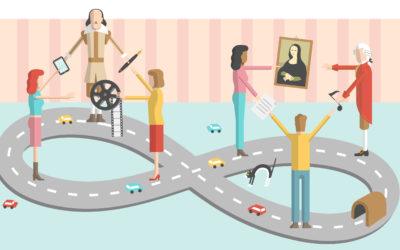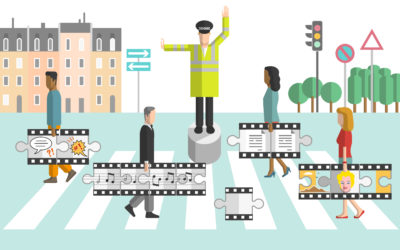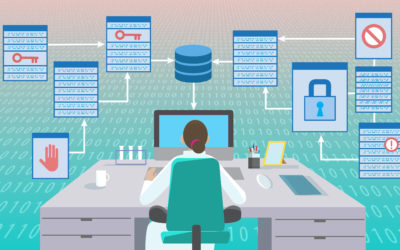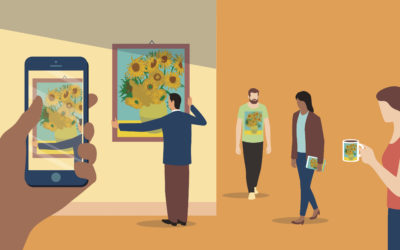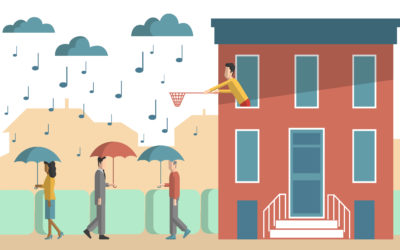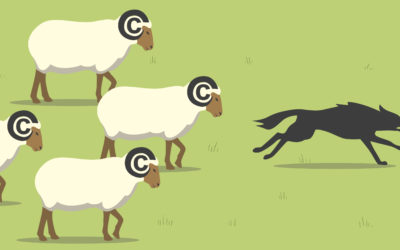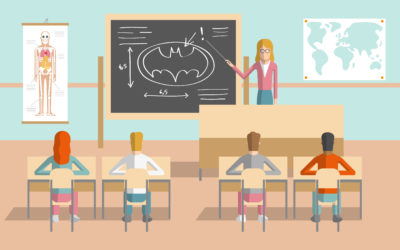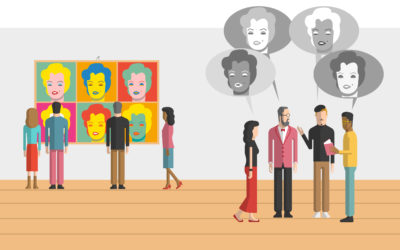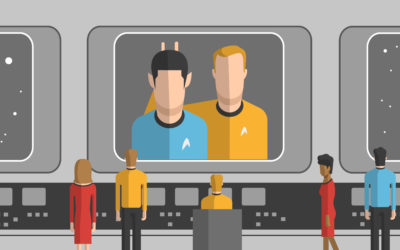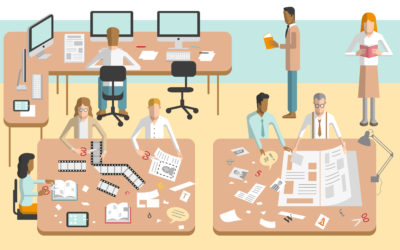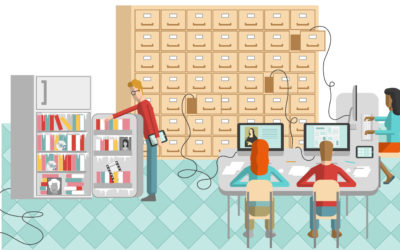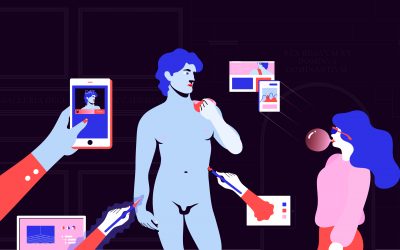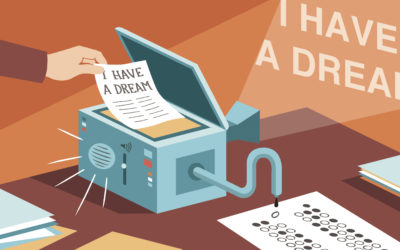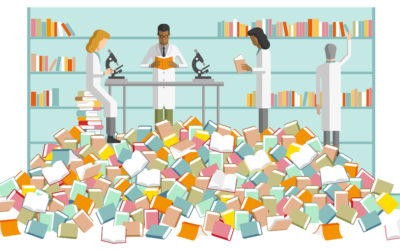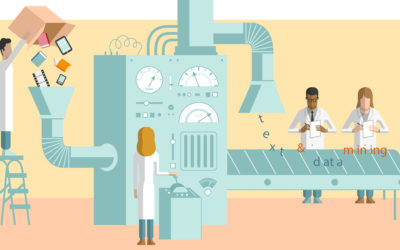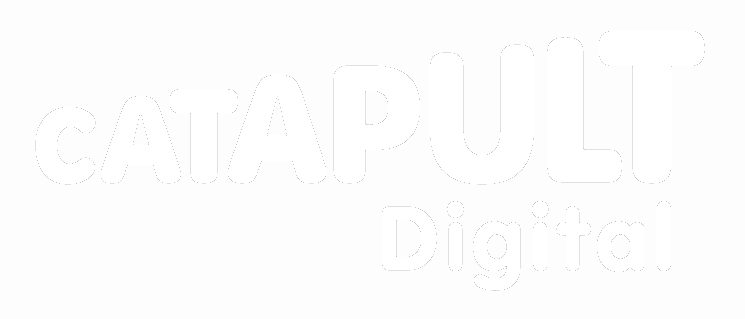Understand

The following resources help you understand your rights as a creator, providing guidance on crucial copyright topics such as protection, licensing, access, lawful reuse, copyright exceptions and enforcement.
Rights & Permissions
Protecting
Copyright is a set of ‘exclusive’ rights, giving creators the right to control the use of their work and the ability to earn from it. The term ‘exclusive’ in copyright law means…
Licensing & Exploiting
If you own the copyright in a work, you are free to exploit it on your own or license the use of it to another party (such as a book publisher). ‘Exploit’ in this context means to develop or make use of it.
Using & Reusing
When creating new work, it is natural to be inspired by the work of others. However, there is an important distinction between simply being inspired and unlawfully copying.
Getting Permission
When you want to use a work that is in copyright, you need to get permission from all copyright owners. Some works have several rights attached to them and each right may have more than one owner…
User-Generated Content
User-Generated Content (UGC) is any form of content, including text, images, videos, reviews etc., that is created by users and published on online platforms. Creation and dissemination of UGC is…
Algorithms
It is important for users to have a better understanding of how to deal with the influence of algorithms on the production, distribution and consumption of creative works, and the implications for copyright.
Data Scraping & Data Mining
This section aims to provide a picture of the different layers of legal protection one needs to consider in order to make informed decisions around data scraping and data mining.
Terms & Conditions
Terms and conditions are a set of rules. These rules generally form a contract between you, the user, and the service provider, whose website you are visiting.
Legal Access
It does not matter whether you are dealing with a video clip, text, music, photos or computer icons, if you want to make sure your use is lawful, you need to have accessed that material legally.
Enforcement
Useful guidance on what you can do if you think someone has infringed your copyright, or if someone has accused you of copyright infringement.
Exceptions
Education
The use of materials protected by copyright is essential to the learning process. Educational resources exist in all formats that are recognised as ‘works’ in copyright law.
Quotation
There are two exceptions to be aware of, one specifically for criticism and review and a more general exception for quotation. Both exceptions apply to all types of copyright material…
Parody & Pastiche
Parody refers to a new creative work which uses an existing work for humour or mockery. Some parodies take aim at well-known artists or their work in order to make a critique.
News Reporting
News reporters may sometimes require the use of copyright material, such as short textual extracts or clips from video footage, to report current events. There is an exception to copyright for news reporting…
Libraries
This guide is aimed at the wide range of staff working in libraries and information services. Copyright exceptions apply equally to all staff working in libraries including library or information assistants.
Archives & Preservation
Archives are memory institutions. They hold unique documents and records that are vital for helping people connect with and understand their identities, their communities and their cultural heritage.
Museums & Galleries
This commentary provides authoritative and accessible guidance on how to work with copyright in museums, galleries and other cultural organisations.
Disability
There are many situations where copyright can limit the way that people with disabilities access and make use of protected work. For example, a visually impaired user may need to convert the text of a book into a format compatible with screen reading software…
Research & Private Study
Students and researchers often need to make use of materials which are copyright protected. In the context of their research or study, they may have to make copies or use extracts of those materials.
Text & Data Mining
The electronic analysis of large amounts of copyright works allows researchers to discover patterns, trends and other useful information that cannot be detected through usual ‘human’ reading. This process, known as ‘text and data mining’…

